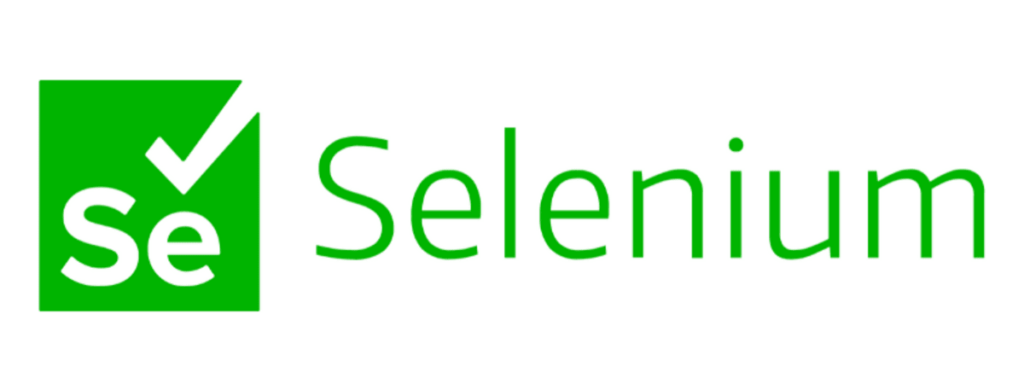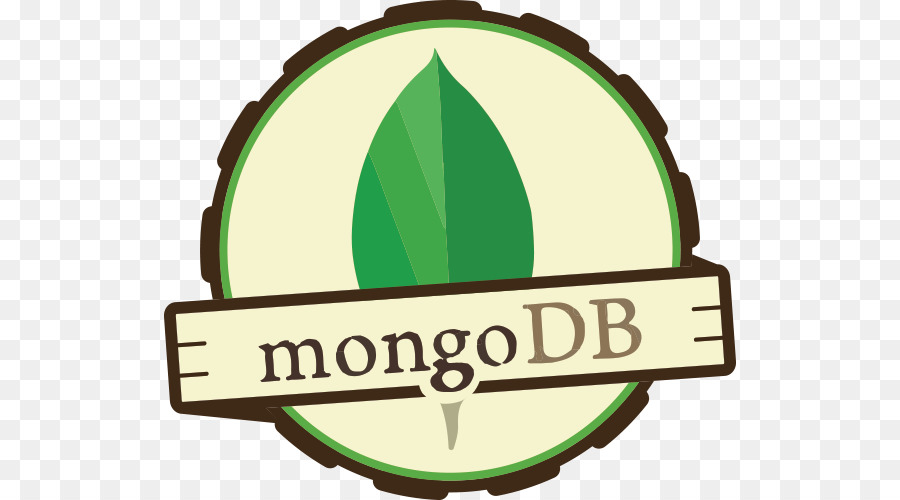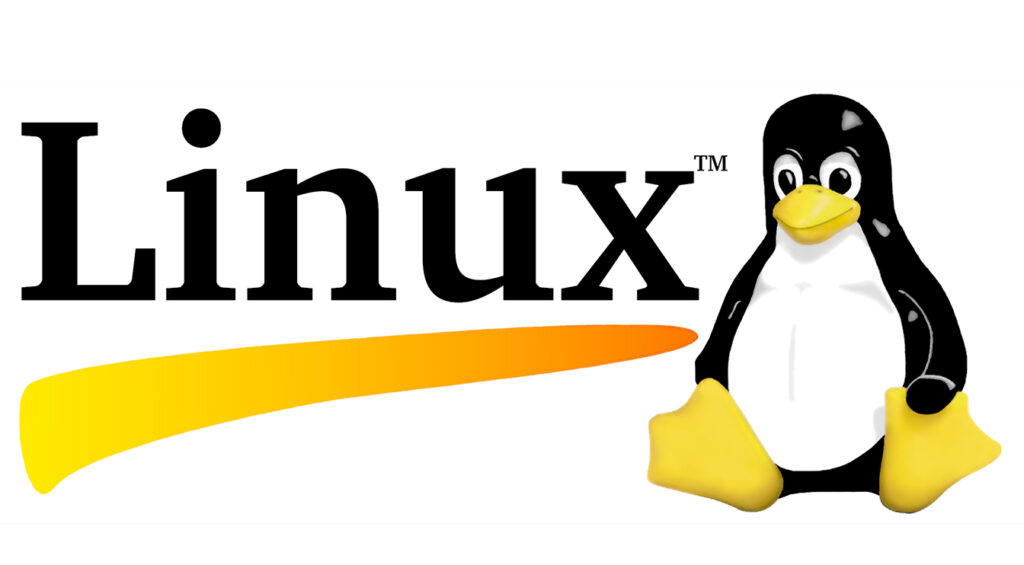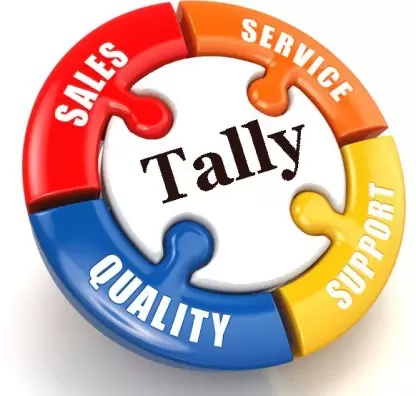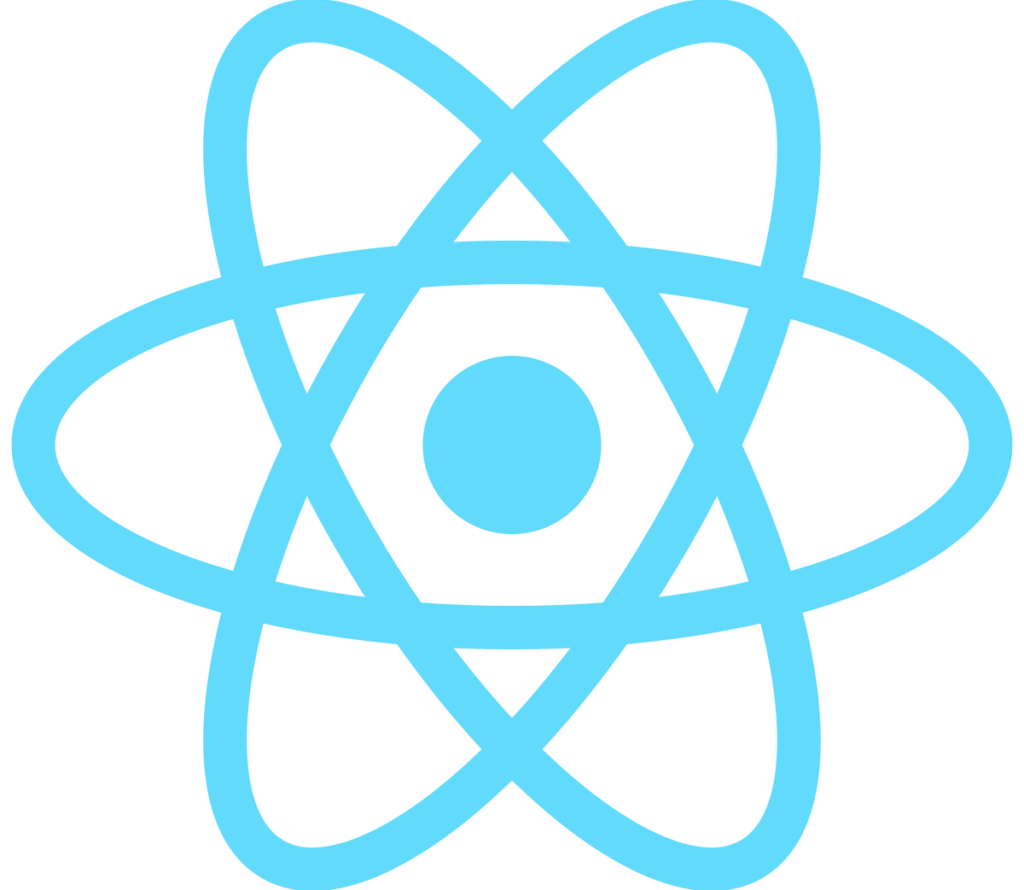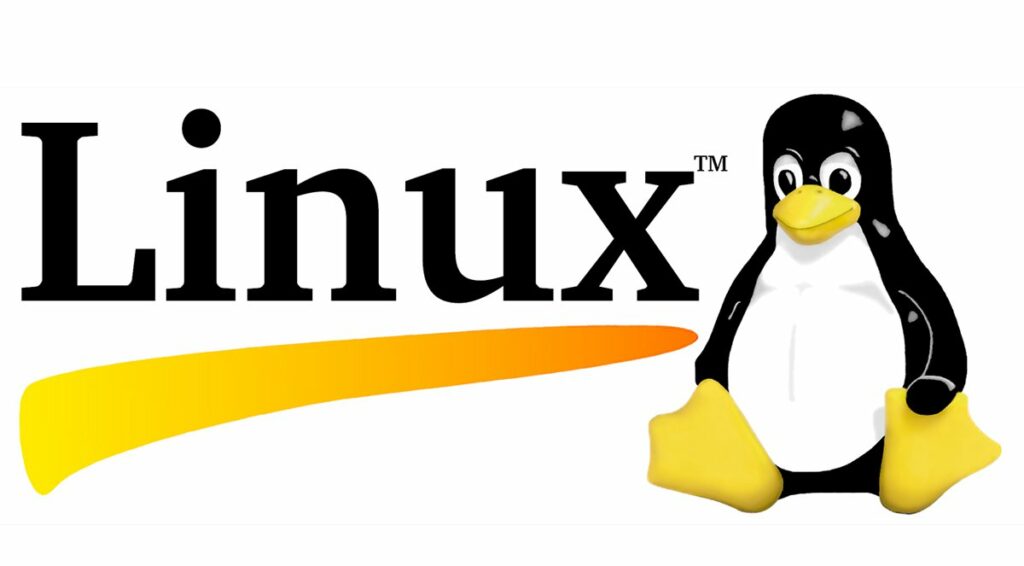
Course Details
- Category
- Scripting Training
- Mode of Training
- Online/Offline
- Duration
- 3 -4 months
- Fees
- ₹ 2000
Course Features
Instructor led Sessions
The most traditional way to learn with increased visibility, monitoring, and control over learners with ease to learn at any time from internet-connected devices.
Real-life Case Studies
Case studies based on top industry frameworks help you to relate your learning with real-time based industry solutions.
Assignment
Adding the scope of improvement and fostering the analytical abilities and skills through the perfect piece of academic work.
Certification
Each certification associated with the program is affiliated with the top universities providing edge to gain epitome in the course.
Instructor led Sessions
With no limits to learning and in-depth vision from all-time available support to resolve all your queries related to the course.
Linux Training
Oranium Tech introducing some amazing content on Linux. Linux is a free, open-source operating system, released under the GNU General Public License (GPL). Anyone can run, study, modify, and redistribute the source code, or even sell copies of their modified code, as long as they do so under the same license
Course Syllabus
- What is Linux?
- Everyday use of Linux
- Unix vs. Linux
- Quiz, Homework and Handouts
- What is Oracle virtual Box?
- Downloading and Installing Oracle Virtual Box
- Creating virtual machine
- Linux Distributions
- Different way to install Linux
- Downloading and Installing Linux (CentOS)
- Redhat Linux installation (Optional)
- Linux Desktop (GUI)
- Virtual Machine Management
- Linux vs. Windows
- Who Uses Linux?
- Quiz, Homework and Handouts
- Accessing Linux system
- Download and install Putty
- New Network Commands (ifconfig and ip)
- Connect Linux VM via Putty
- Important Things to Remember in Linux
- Introduction to File System
- File system structure description
- File system navigation commands
- File System Paths
- Directory listing overview
- Creating Files and Directories
- Linux File Types
- Finding Files and Directories (find, locate)
- Difference between find and locate command
- Changing Password
- Wildcard (*, $, ^)
- Soft and Hard Links (ln)
- How to open image file through GUI
- Quiz, Homework and Handouts
- Commands Syntax
- File Permissions (chmod)
- File Ownership (chown, chgrp)
- Getting Help (man, whatis etc.)
- TAB completion and up arrow keys
- Adding text to file
- Standard output to a file (tee command)
- Pipes ( | )
- File Maintenance Commands
- File Display Commands
- Filters / Text Processing Commands (cut, sort, grep, awk, uniq, wc)
- Compare Files (diff, cmp)
- Compress and un-compress files/directories (tar, gzip, gunzip)
- Truncate file size (truncate) Combining and Splitting Files (cat and split)
- Linux vs. Windows Commands
- Quiz, Homework and Handouts
- Commands Syntax
- File Permissions (chmod)
- File Ownership (chown, chgrp)
- Getting Help (man, whatis etc.)
- TAB completion and up arrow keys
- Adding text to file
- Standard output to a file (tee command)
- Pipes ( | )
- File Maintenance Commands
- File Display Commands
- Filters / Text Processing Commands (cut, sort, grep, awk, uniq, wc)
- Compare Files (diff, cmp)
- Compress and un-compress files/directories (tar, gzip, gunzip)
- Truncate file size (truncate)
- Combining and Splitting Files (cat and split)
- Linux vs. Windows Commands
- Quiz, Homework and Handouts
- Linux File Editors (vi text editor)
- “sed” command
- User account management
- Switch users and Sudo access
- Monitor users
- Talking to users (users, wall, write)
- Linux Directory Service – Account Authentication
- System utility commands (date, uptime, hostname, which, cal, bc etc.)
- Processes and schedules (systemctl, ps, top, kill, crontab and at)
- System Monitoring Commands (top, df, dmesg, iostat 1, netstat, free etc.)
- OS Maintenance Commands (shutdown, reboot, halt, init etc.)
- System logs monitor (/var/log)
- Changing System Hostname (hostnamectl)
- Finding System Information (uname, cat /etc/redhat-release, cat /etc/*rel*, dmidecode)
- System Architecture (arch)
- Terminal control keys
- Terminal Commands (clear, exit, script)
- Recover root Password (single user mode)
- SOS Report
- Environment variables
- Quiz, Homework and Handouts
- Linux Kernel
- What is a Shell?
- Types of Shells
- Shell scripting
- Basic Shell scripts
- If-then scripts
- For loop scripts
- Do-while scripts
- Case statement scripts
- Aliases
- Command history
- Enabling internet in Linux VM
- Network Components
- Network files and commands (ping, ifconfig, netstat, tcpdump, networking config files)
- NIC Information (ethtool)
- NIC or port bonding
- Download files with URLs (wget)
- curl and ping commands
- File transfer commands (ftp, scp etc.)
- System updates and repositories (rpm and yum)
- System Upgrade/Patch Management
- Create Local Repository from CD/DVD
- Advance Package Management
- Rollback Patches and Updates
- SSH and Telnet
- DNS
- Hostname and IP Lookup (nslookup and dig)
- NTP
- chronyd
- Sendmail
- Apache Web Server (http)
- Central Logger (rsyslogd)
- Securing Linux Machine (OS Hardening)
- OpenLDAP Installation
- Tracing Network Traffic (traceroute)
- Quiz, Homework and Handouts
- System run levels
- Linux Boot Process
- Message of the Day
- Customize Message of the Day
- Storage
- Disk partition (df, fdisk, etc.)
- Add Disk and Create Standard Partition
- Logical Volume Management (LVM)
- LVM Configuration during Installation
- Add Disk and Create LVM Partition
- Extend disk using LVM
- Adding swap space
- RAID
- File System Check (fsck and xfs_repair)
- System Backup (dd Command)
- Network File System (NFS)
- Difference Between CentOS/Redhat 5, 6 and 7
- Quiz, Homework and Handouts
- Resume workshop
- Cover Letter
- Linux job description or duties
- Exposure to other technologies
- Homework and Handouts
- What is IT?
- IT Components
- Facts about IT
- Linux around us
- Linux Operating System Jobs
- IT Management Jobs
- Post your resume and what to expect
- Interview workshop
- Red hat certifications
- Join Linux community
- 200+ interview questions
- Homework and handouts
- Commands We Have Learned
- Don’t give up
- Congratulations
- Recap – Handouts
- VMWare Workstation Player (Optional)
- Create VMWare VM
- Install Oracle Virtualbox on MAC
- Install Oracle Guest Addition (Tools)
- Troubleshooting Putty Connection
- Changing Default File Permissions (umask)
- Filesystem Color Definition
- Additional Resources – Handout
- My Facebook Page
- Coupons to My Other Courses


